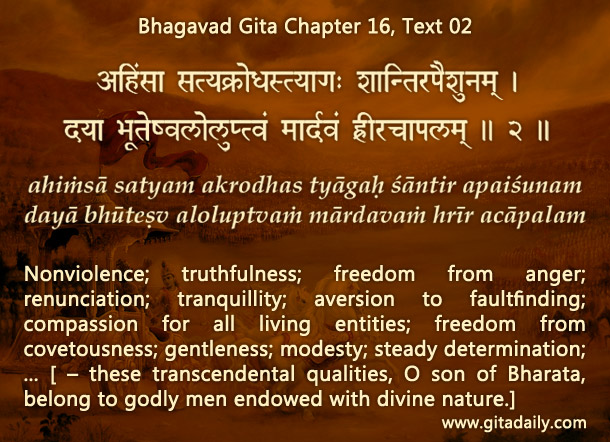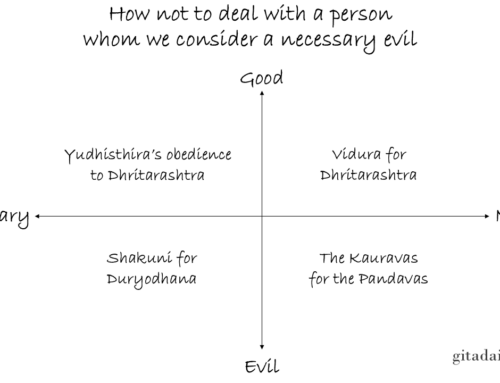Passing blame is easy but disempowering accepting responsibility is tough but empowering
Whenever things go wrong, our mind naturally looks for a scapegoat. We want to blame others because it seems to be an easy escape-way: “If I am not responsible for this mess, I don’t have to take the trouble to fix it.”
However, passing the buck is disempowering. Why? Because it takes away our agency, our capacity to do anything to improve things. We can self-righteously live on, believing our innocence and the world’s culpability. But the world moves on, while we stay stuck in a behavioral rut, unable to improve ourselves or create a better future for ourselves.
The way to empowerment is the opposite, that is, taking responsibility. Only when we accept responsibility for the situation can we regain any agency to rectify it. This is tough because it hurts our ego.
What if someone else is primarily responsible for the mess? We can still begin by asking ourselves, “Did I play any part, however small, in aggravating this situation? If yes, what can I do to fix that?” Once we begin this journey of introspection, we soon discover incremental changes that we can make. And such changes can, over time, significantly rectify the situation. At the very least, they can create a better me, who can then work to create a better future.
Pointing us in this direction of taking responsibility, the Bhagavad-gita states that the godly are averse to finding faults (16.02). They focus primarily on seeing good and doing good. Whenever faults need to be pointed out, they do so gently (17.15). In contrast, the ungodly revel in harshness and violence (16.04), indicating that they love to blame others.
Whatever our nature, Gita wisdom stands ready to empower us to take greater responsibility and create a better future.
Think it over:
- Why is passing blame disempowering?
- How can we begin taking responsibility?
- Is there any situation in your life where you are passing blame? How can you take responsibility?
***
16.02 Nonviolence; truthfulness; freedom from anger; renunciation; tranquillity; aversion to faultfinding; compassion for all living entities; freedom from covetousness; gentleness; modesty; steady determination; … [– these transcendental qualities, O son of Bharata, belong to godly men endowed with divine nature.]
To know more about this verse, please click on the image
Explanation of article:
Podcast:



Cynics are common than saints
BLAME GAME is he easiest to play